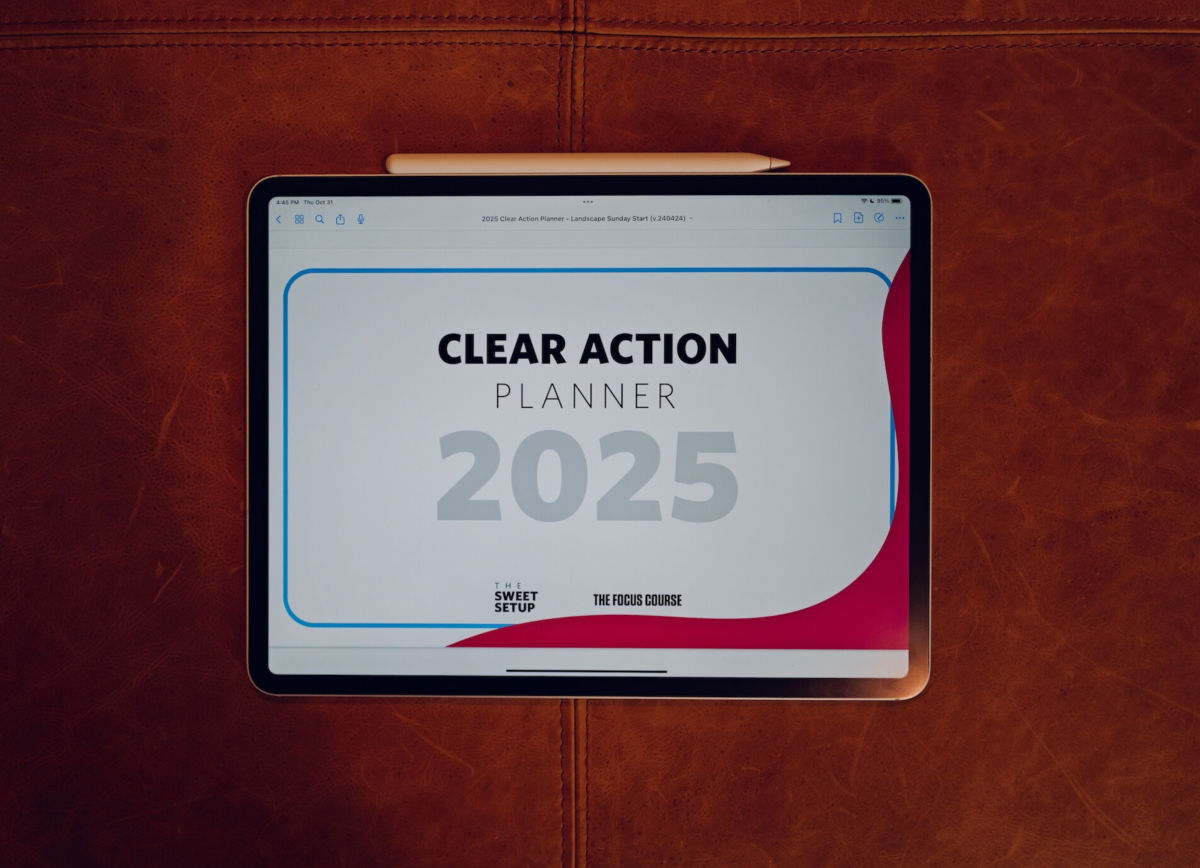ISO 17025 Training: Your Path to Lab Excellence
Boost lab accuracy with ISO 17025 training. Learn key standards and practices for achieving and maintaining ISO 17025 accreditation and ensuring quality

ISO 17025 Training: Your Path to Lab Excellence
Ever wondered what keeps a laboratory running like a well-oiled machine? It’s not just fancy equipment or brilliant scientists—though those help. It’s the systems, the standards, and the people who know how to make them work. That’s where ISO 17025 training comes in. If you’re in a lab, whether you’re testing water samples, calibrating instruments, or analyzing food safety, this standard is your North Star. It ensures consistency, accuracy, and credibility in everything you do. Let’s unpack why ISO 17025 training is a game-changer, how it works, and why it matters to you—whether you’re a lab tech, a manager, or just curious.
What’s ISO 17025, Anyway?
ISO 17025 is an international standard for testing and calibration laboratories. Think of it as a rulebook that labs follow to prove they’re competent, reliable, and consistent. It’s not just paperwork—it’s a framework that ensures your results hold up, whether you’re testing soil for a construction project or DNA for a medical study. The standard covers everything from how you handle samples to how you report results, leaving no room for sloppy work.
Why should you care? Because labs without this standard often struggle to gain trust. Clients, regulators, and even courts rely on ISO 17025-accredited labs to deliver results they can bank on. And training? That’s how you get everyone on board, from the newbie technician to the seasoned quality manager.
Why Training Matters: The Human Side of Standards
Here’s the thing: standards like ISO 17025 aren’t just about ticking boxes. They’re about people. A lab is only as good as the folks running it. You can have the best equipment in the world, but if your team doesn’t know how to calibrate it properly or document results, you’re sunk. Training bridges that gap. It’s like giving your team a map and a compass to navigate the complex world of lab standards.
Training also builds confidence. Imagine being a technician who’s unsure about a procedure—every mistake feels like a landmine. With proper ISO 17025 training, you’re not just following steps; you’re understanding why those steps matter.
What Does ISO 17025 Training Cover?
So, what’s in the training? It’s not just a boring lecture on rules. Good ISO 17025 training is hands-on, practical, and tailored to your lab’s needs. Here’s a taste of what you’ll typically dive into:
-
Quality Management Systems: How to set up and maintain a system that ensures consistent results. Think audits, documentation, and continual improvement.
-
Technical Requirements: From calibrating equipment to validating methods, this is about getting the science right.
-
Risk Management: Identifying what could go wrong and how to prevent it—like a safety net for your lab.
-
Documentation: Yes, it’s tedious, but it’s critical. Training teaches you how to keep records that are clear, traceable, and audit-ready.
-
Internal Audits: Learning to check your own work before someone else does. It’s like proofreading your lab’s performance.
Who Needs This Training?
ISO 17025 training is for anyone who touches the lab’s processes. That includes:
-
Technicians: You’re the ones doing the tests, so you need to know the standard inside out.
-
Quality Managers: You’re the gatekeepers of compliance, ensuring everything meets the standard.
-
Lab Supervisors: You’re guiding the team, so you need to understand both the technical and management sides.
-
New Hires: Starting fresh? Training gets you up to speed fast.
-
Auditors: If you’re auditing labs, you need to know what to look for.
Even if you’re not in a lab but work with one—like a client or supplier—understanding ISO 17025 can help you speak the same language. It’s like learning just enough Spanish to navigate a market in Mexico. You don’t need to be fluent, but knowing the basics makes life easier.
The Emotional Payoff: Why It Feels Good to Get It Right
Let’s get real for a second. Working in a lab can be stressful. Deadlines loom, clients demand results, and one tiny error can throw everything off. ISO 17025 training isn’t just about compliance; it’s about peace of mind. When you know your processes are solid, you can focus on the work instead of worrying about mistakes. It’s like having a safety harness while climbing a mountain—you can move faster and bolder because you know you’re secure.
Types of Training: Finding What Fits
Not all ISO 17025 training is created equal. You’ve got options, and the right one depends on your needs, budget, and schedule. Here’s a quick rundown:
-
In-Person Workshops: These are great for hands-on learning. You get to ask questions, network with other lab folks, and practice real scenarios.
-
Online Courses: Flexible and often cheaper, these are perfect if you’re juggling a busy schedule. Platforms like Coursera or ASQ offer solid options.
-
In-House Training: If your whole team needs training, some providers will come to you. It’s tailored and saves travel costs.
Each has its perks. In-person feels more personal, but online is convenient. In-house is great for team bonding, while self-paced lets you learn when inspiration strikes. Choose what fits your vibe.
A Quick Digression: The Bigger Picture
Here’s a thought: ISO 17025 isn’t just about labs. It’s part of a bigger trend toward quality and trust in science. Think about it—whether it’s food safety, environmental testing, or medical diagnostics, people rely on labs to make decisions that affect their lives. A lab that’s not up to par could misdiagnose a patient or approve contaminated food. Scary, right? Training ensures you’re not that lab. It’s about being part of something bigger, something that keeps the world spinning smoothly.
How Training Pays Off
Investing in ISO 17025 training isn’t just about meeting requirements—it’s about results. Here’s how it shakes out:
-
Fewer Errors: Trained staff catch mistakes before they become problems. That means less rework and happier clients.
-
Faster Accreditation: If your lab is aiming for ISO 17025 accreditation, training gets you there smoother and faster.
-
Better Teamwork: When everyone knows the standard, you’re all speaking the same language. No more miscommunications or finger-pointing.
-
Client Trust: Accreditation is a badge of honor. Clients pick ISO 17025 labs over others because they know the results are reliable.
And let’s not forget the personal payoff. Training can boost your career. Whether you’re aiming for a promotion or just want to be the go-to person in your lab, those skills make you stand out. It’s like adding a shiny new tool to your professional toolbox.
Challenges and How to Tackle Them
Let’s be honest—training isn’t always a walk in the park. It takes time, money, and effort. Some labs, especially smaller ones, worry about the cost or pulling staff away from work. And yeah, learning new systems can feel overwhelming, especially if you’re already swamped.
But here’s how to make it manageable:
-
Start Small: Don’t try to train everyone at once. Focus on key staff first, then scale up.
-
Leverage Online Options: They’re often cheaper and let you learn at your own pace.
-
Make It Fun: Turn training into a team challenge. Maybe throw in some coffee and donuts to sweeten the deal.
-
Get Buy-In: Show your team how training benefits them personally—less stress, better skills, maybe even a raise.
Wrapping It Up: Your Next Step
ISO 17025 training isn’t just a checkbox—it’s a mindset. It’s about building a lab that’s reliable, trusted, and ready for anything. Whether you’re a technician tweaking equipment or a manager dreaming of accreditation, training is your ticket. It’s not always easy, but it’s worth it. So, what’s stopping you?
































































































![Building A Digital PR Strategy: 10 Essential Steps for Beginners [With Examples]](https://buzzsumo.com/wp-content/uploads/2023/09/Building-A-Digital-PR-Strategy-10-Essential-Steps-for-Beginners-With-Examples-bblog-masthead.jpg)
















































